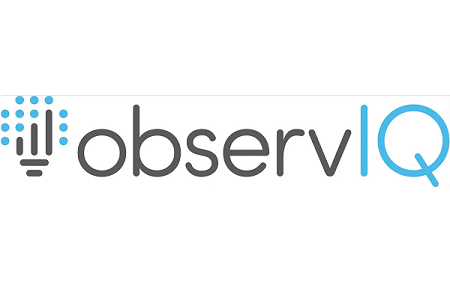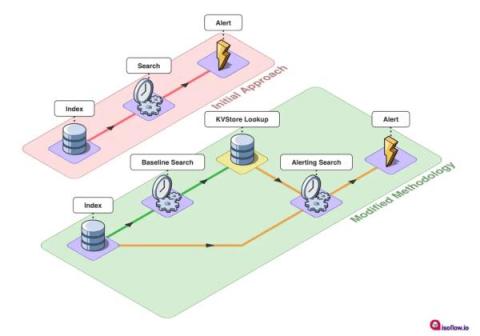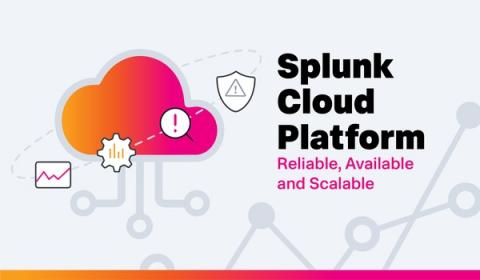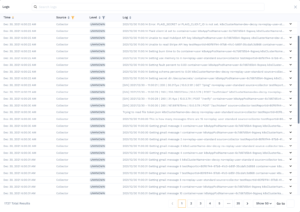Logit.io Featured On eChannelNews For New Partner Program Launch
We are excited to announce that Logit.io has recently been featured on e-ChannelNews where our founder Lee Smith was interviewed by the President of TechnoPlant, Julian Lee about our partner program. In this interview, Lee explains more about how the Logit.io platform can assist channel partners to grow their ability to offer enterprise-ready logging and metrics analysis.










